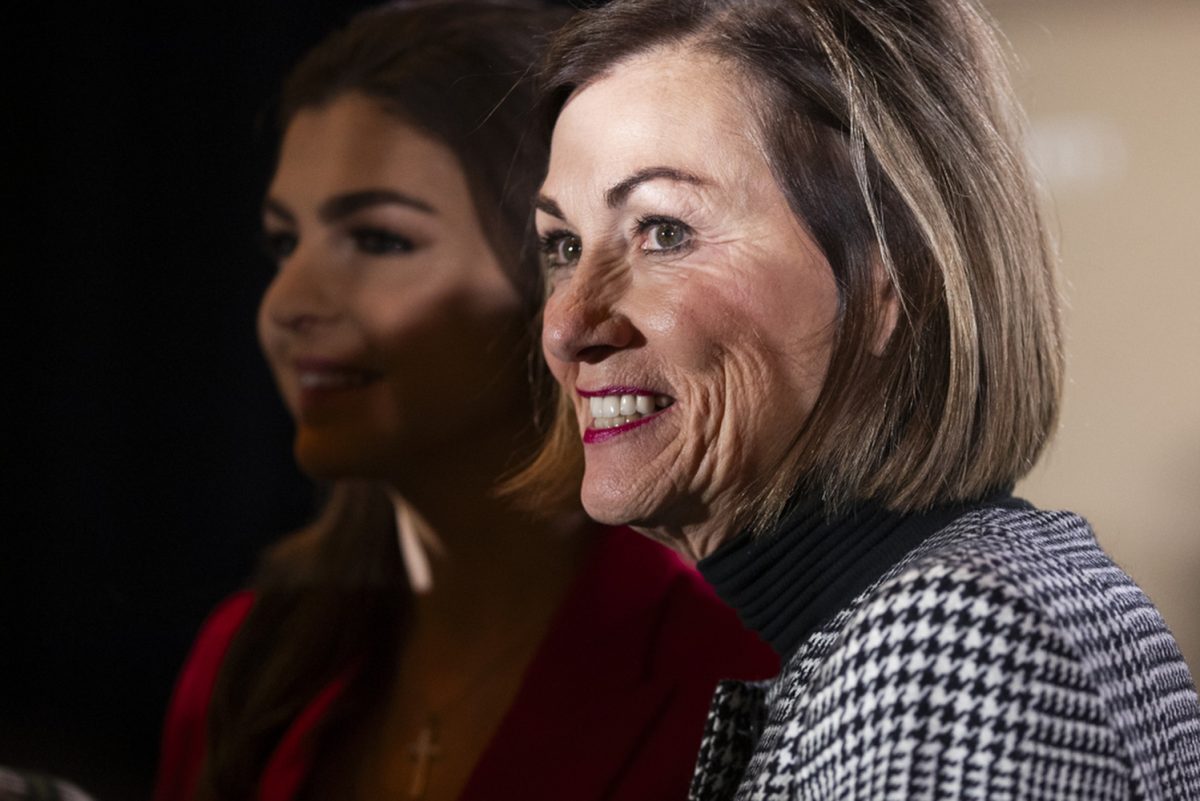Until I had read the recent New York Times article “Woman breaks through chains of forced marriage and helps others do the same,” I thought that such things were only in faraway countries such as India, China, or those in the Middle East. However, according to a 2011 survey by the Tahirih Justice Center, there had been 3,000 known or suspected cases of forced marriage in the past two years in the United States.
Apart from those people directly involved in the arranged marriages or those involved in the religious communities that practice them, I am sure that this was the first many people had heard of such an abhorrent crime happening right here in America.
People may question my use of the word “forced” over “arranged,” but it is important to realize that in the case of marriages, they mean the same thing. Indeed, “arranged” may be a term used to make the act appear less violent.
But can a marriage really be a violent thing? Yes. Also according to the study done by the Tahirih Justice Center, girls as young as 15 are being forced into marriages in the United States, more likely than not under threats of ostracism, beatings, and even death. Once they are in the marriage, it is practically impossible to divorce, as most of the communities that practice forced marriage (Orthodox Jewish, Muslim, Mormon, Sikh, etc.), do not allow women to divorce their husbands.
Fraidy Reiss, the woman profiled in the New York Times article, was married for 15 years to a man she had been forced to marry because of the Orthodox Jewish community that she grew up in. Since her divorce, which was a long and difficult to obtain, she has founded an organization called Unchained At Last.
According to its website, Unchained At Last is the only nonprofit organization in the United States that works to help women and girls avoid or leave forced marriages. The website also says it estimates that the number of women and girls forced into marriages to be a lot higher than the number given by the Tahirih study, simply because of the sheer size of the communities mentioned earlier.
There have not been many studies done on forced marriages in the United States, which is probably because it has received so little coverage. As a result, girls and women who are forced into these situations are looked over and marginalized. What does this say about America’s (slowly) progressing approach to feminism? Not much.
How can we expect to successfully fight for women’s equal pay when there are still women in this country unable to access the freedom of being able to marry who they want (as long as it’s a man)? This is why it is so important to make this a national issue, one that needs to be talked about and one that needs to be addressed.






